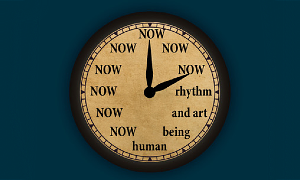It's been an unusually busy week in the great cultural, legal, and ideological battle otherwise known as the file-sharing debate.
- Market research firm NPD issued a press release this week stating that the shutdown of Limewire significantly curtailed the overall amount of file-sharing. A whopping 56% of all people engaged in music file-sharing were using Limewire as recently as the third quarter of 2010. In (possibly) related news, the percentage of U.S. internet users that acquires music via file-sharing has dropped from 16% in the fourth quarter of 2007 to 9% in the fourth quarter of 2010.
- The National Bureau of Economic Research published a paper suggesting that file-sharing has not dissuaded people from making high quality music. The paper's author, Joel Waldfogel, suggests that the file-sharing era “can be viewed as a large-scale experiment allowing us to check whether events since Napster have stemmed the flow of new works." Waldfogel bases his findings not on sales, but on critics' picks. We're still chewing on this concept, but have a look at this abstract and feel cautiously optimistic.
- The Digital Economy Act, once known as the Digital Economy Bill, is intended to curtail file-sharing and protect copyrights. But a pair of economists at the London School of Economics believe that doing so will actually be bad for the economy in the long run. But what does that mean?


























